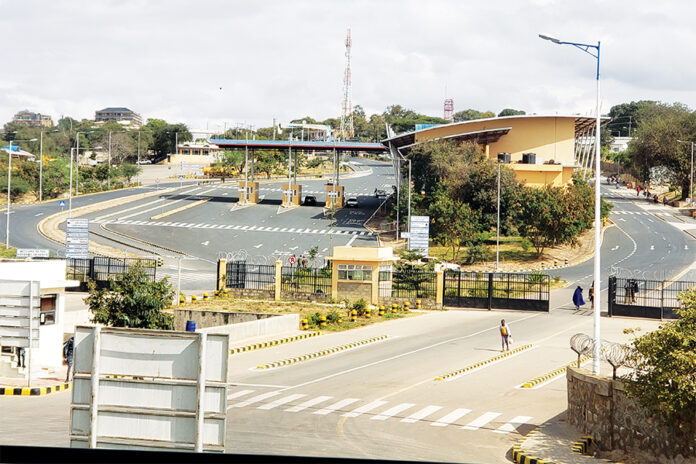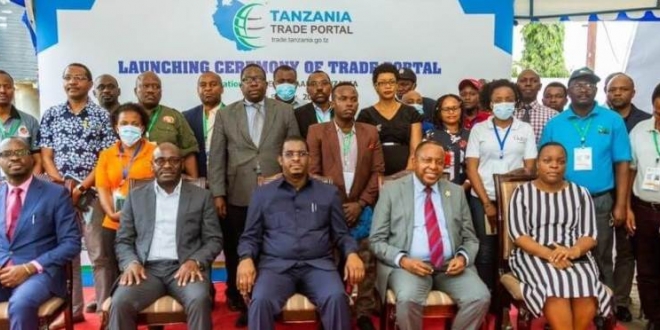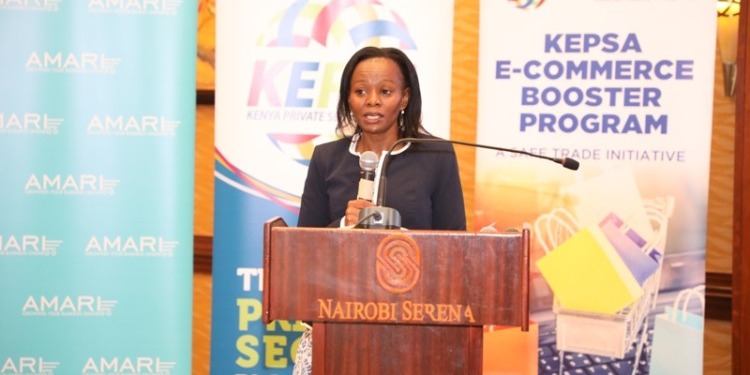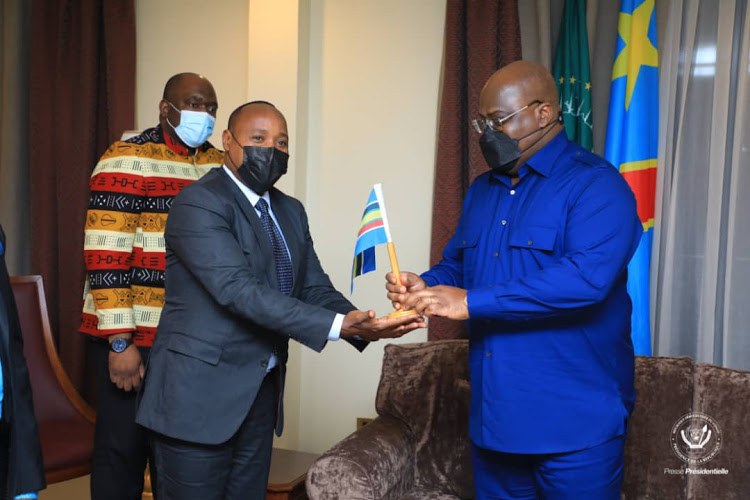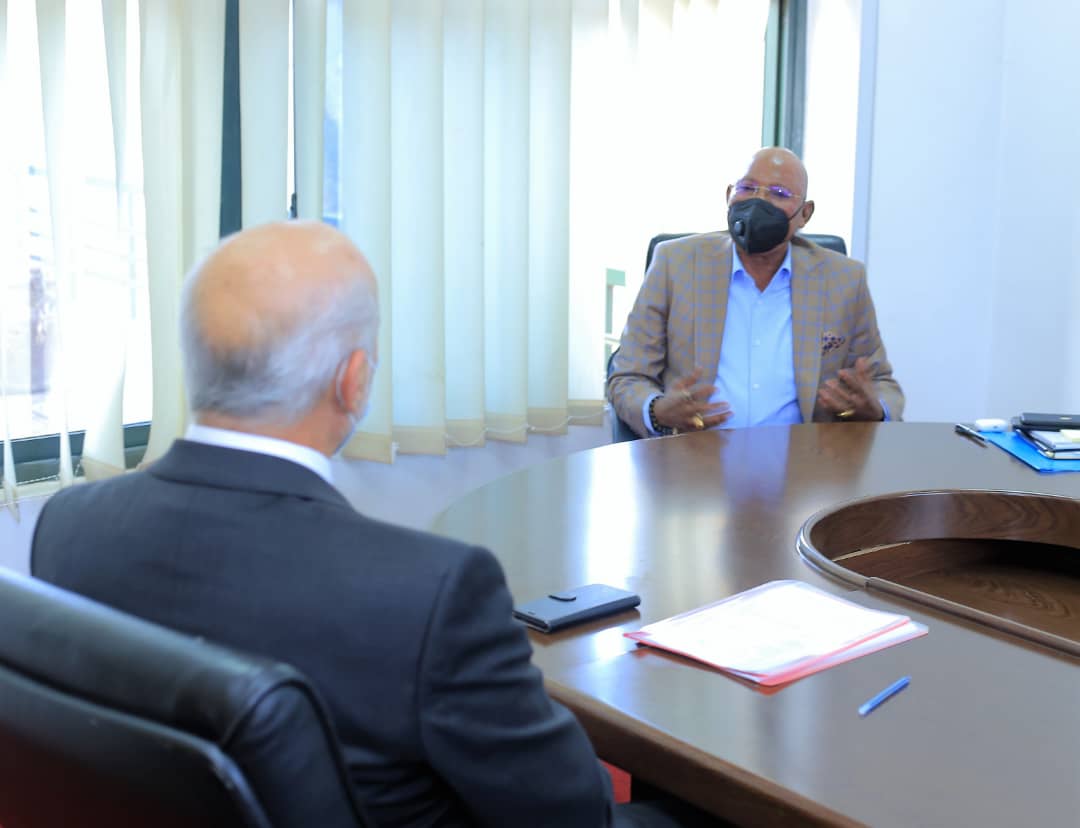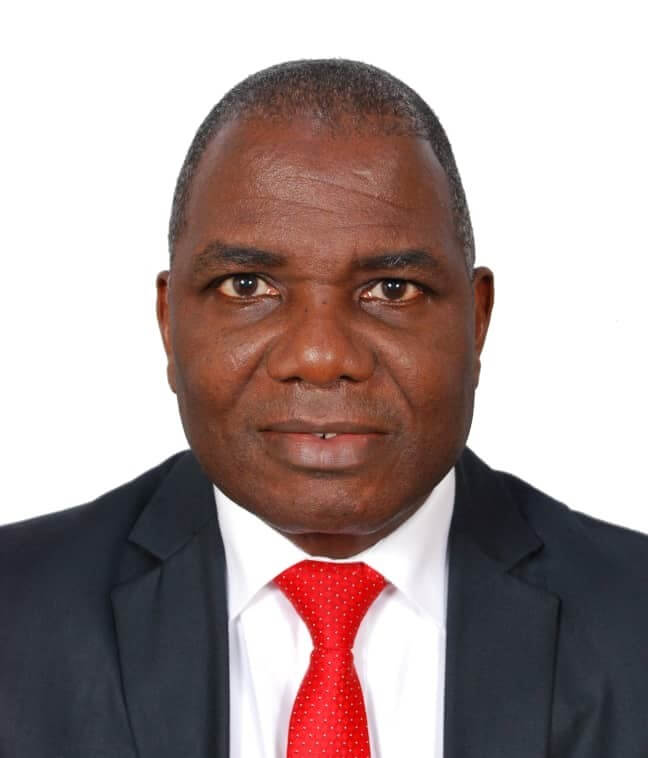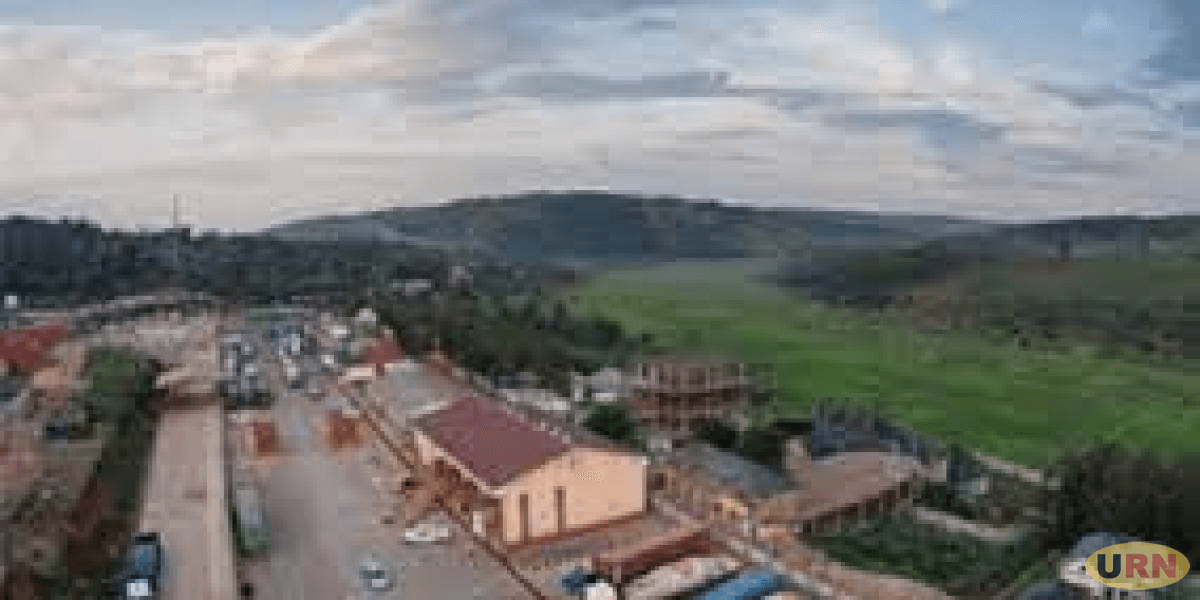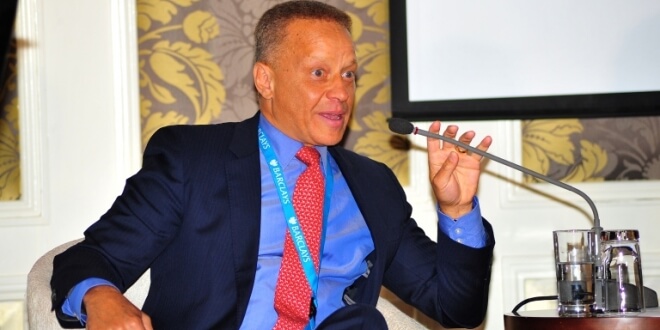The small scale business community in Moyale, Ethio-Kenya border urges the government to come up with an initiative to back their activity from both sides. The Ethiopian side said that it is in the final stages to introduce a protocol that will allow the community in the two border countries’ area to trade and move goods easily. Ethiopian Customs Commission disclosed that it is getting a lesson from Nairobi, which has more experience on One-Stop Border Post (OSBP) with its East African Community peers like Tanzania and Uganda, in order to make effective the Moyale OSBP. On the discussion held between small scale traders at the two Moyales and the customs officers of Kenya and Ethiopia, traders appreciated the improvement of activities at the boarder since Moyale OSBP became operational starting from the first week of June. While on the discussion held at the Ethiopian side of OSBP, traders expressed their desire to see improvements on the border trade particularly on the Ethiopian side to ease the transportation of commodities to the Kenyan Moyale border. One of the traders said that the situation from the Kenyan side is good and requested the Ethiopian side to smoothen the border trade similar to Kenya. Abebe Ersumo, Deputy Head for Operation at Moyale Customs Branch of Ethiopian Customs Commission (ECC), said that the OSBP, which was inaugurated on December 9, 2020 by the head of governments of the two countries had become operational as of June 9, and has since then been successfully...
Gov’t prepares protocol to harmonize border trade
Posted on: August 30, 2021
Posted on: August 30, 2021

